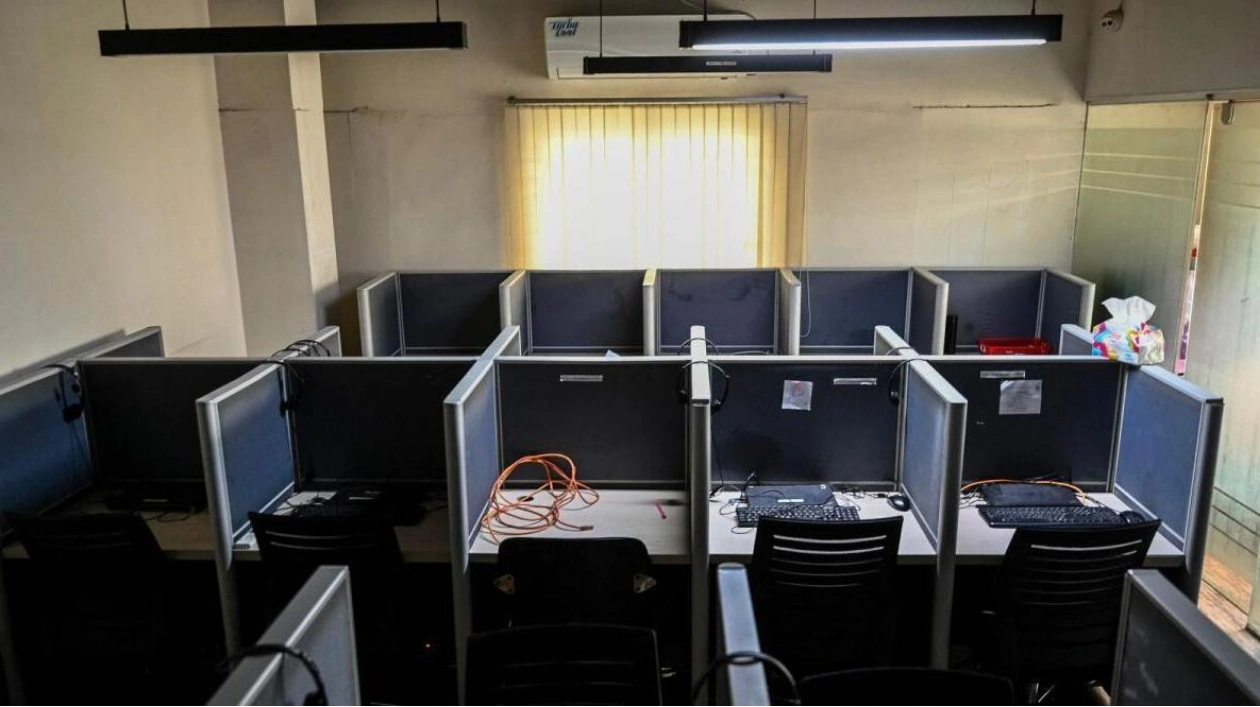Hundreds of thousands of Bangladeshi employees in outsourcing companies contribute to billions in annual revenue, yet industry leaders are concerned that the internet shutdown enforced by authorities to suppress anti-government demonstrations could jeopardize the entire sector. Workers are crammed into small office spaces, providing international clients with various services including live voice and text chat, back-office support, email assistance, invoicing, online store management, and image processing. The business process outsourcing (BPO) industry in Bangladesh is estimated to generate annual revenues of two billion dollars. However, the recent imposition of an internet shutdown to curb protests over employment quotas, which escalated into violent unrest, poses a threat of closures and job losses.
Fahim Mashroor, a tech entrepreneur and former president of the Bangladesh Association of Software and Information Services, described the total internet blackout as catastrophic, especially when even a five-minute delay is unacceptable in their line of work. As the CEO of Bdjobs.com, which serves clients from 13 countries including Puma and Ellos, he highlighted the sudden disruption of internet services, preventing them from informing clients about their situation. Although the government announced the restoration of broadband internet, industry executives believe the damage has already been done.
BPO groups estimate a daily loss of $7 million since the shutdown began, and Bangladeshi companies fear losing clients to regional competitors like India, the Philippines, and Vietnam. Monir Hosen, managing director of Creative Clipping Path, a call center employing around 300 people, expressed his fear of losing a decade-long built clientele within days. Zayed Uddin Ahmed, founder and CEO of ASL, which provides 24/7 back-office support to major EU clients, worries about the possibility of shutting down and laying off his 200 employees. International clients require constant and real-time services, and any disruption could lead to orders being diverted to neighboring countries.
Jannati Tazrimin, a trainer at ASL, and her colleagues are anxious about their jobs, especially since they work on a project basis. Humayun Kabir, a production manager at Creative Clipping Path, feels more threatened by unemployment now than during the Covid pandemic. He and his colleagues could be laid off if clients switch to competitors like Somalia and Nigeria, which offer lower rates. Kabir, a mid-career professional with a family to support, fears destitution if he loses his job.






